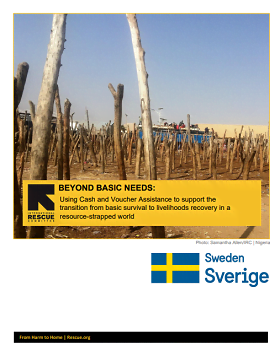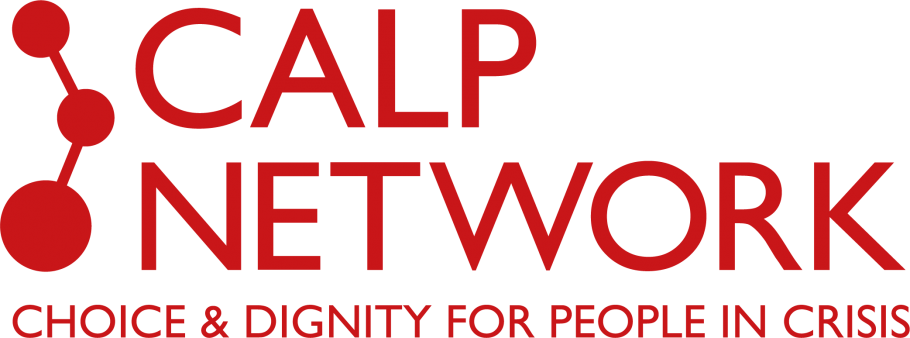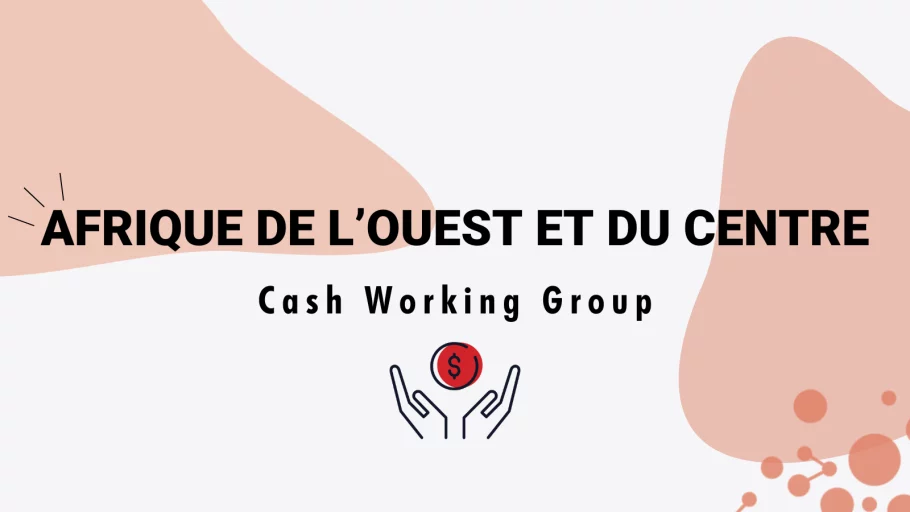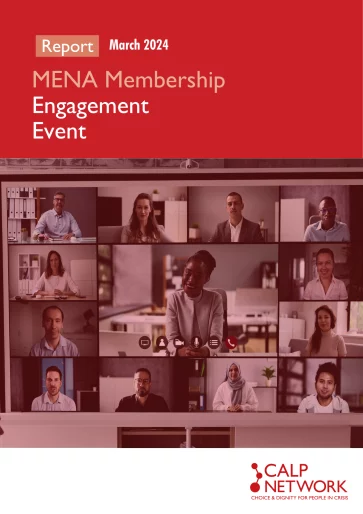Transferts monétaires sectoriels
Les transferts monétaires peuvent permettre aux personnes en situation de crise de répondre à leurs besoins liés à un secteur spécifique du domaine humanitaire, comme l’eau, l’alimentation, les abris, les moyens de subsistance ou la protection. Les transferts monétaires sectoriels peuvent être affectés ou non affectés, assortis ou non de conditions et ils sont généralement distribués dans le cadre d’options d’aides variées, qui peuvent inclure une aide en nature et une aide sous forme de services.
Chaque secteur doit réfléchir à plusieurs questions et prendre en compte les difficultés, avantages et risques au moment de soutenir la reprise économique des bénéficiaires dans son domaine d’expertise. Ce travail implique de disposer de données probantes, d’outils, de directives et de capacités. Atteindre les objectifs spécifiques à un secteur par le biais des transferts monétaires requiert également une compréhension multisectorielle des besoins et de ce qui constitue la sécurité économique des ménages ; voir la page Transferts monétaires à usages multiples. Alors qu’il existe dans certains secteurs une longue expérience de la mise en œuvre des transferts monétaires, d’autres se tournent tout juste vers cette modalité. La plupart des secteurs humanitaires se sont engagés dans cette voie et ont redoublé d’efforts pour mettre en place des transferts monétaires sectoriels. Le groupe mondial de coordination des clusters coordonne également le travail inter-clusters afin d’accroître l’utilisation sectorielle des transferts monétaires.
Priorités actuelles
Le CALP Network travaille en étroite collaboration avec les groupes techniques/groupes de travail sur les transferts monétaires au sein des clusters mondiaux, qui ont défini leurs priorités et plans de travail pour 2020 lors de leurs réunions régulières. Une vue d’ensemble générale et des détails spécifiques sur ces priorités dans chaque cluster mondial est disponible ici.
Thematic lead

Beyond Basic Needs: Using Cash and Voucher Assistance to Support the Transition from Basic Survival to Livelihoods Recovery in a Resource-Strapped World
Guidelines and Tools
Do you think of yourself as a “cash” person OR as a “livelihoods” person? An “emergency” practitioner OR a “recovery” practitioner? Or do you find yourself unsatisfied with the often narrow implications of these terms? We’ll never have enough funding to provide basic needs support to everyone who needs it for the entire time they are in need, even if we take advantage of the...

Looking into 2020: short overview on global clusters, CVA and the CALP Network
Presentation
Overview as 2020 begins:
• Significant progress and commitment from all global clusters on integration of CVA into their work.
• Significant interest in different regions and by some donors on sector-specific CVA.
• Challenges that remain:
o Dialogue: 1) Ensuring CVA specialists understand sector specificities and successfully bank on the technical expertise emanating...

Building Evidence to inform the Effective Use of CASH and Voucher Assistance in Emergency Sanitation and Hygiene Programming
Report
An analysis of 5 case studies of utilization of CASH/Voucher Assistance are presented and analysed in the attempt of building evidence on their utilization in emergency WASH Sanitation and HP programming. Findings and recommendations are provided on Coordination, Situation and Response Analysis, Program Design, Implementation, Monitoring and Evaluation.
Contenu récent

CALP Board Meeting
Members event
The CALP Board provides strategic leadership and operational oversight of CALP. It operates on the basis of the Operational Framework and Code of Conduct. The CALP Board meets a minimum of four times a year, online. For more information, go to the Board page.

CALP Online: Core CVA Skills for Programme Staff – Key Aid Consulting
Members training

CALP Board Meeting
Members event
The CALP Board provides strategic leadership and operational oversight of CALP. It operates on the basis of the Operational Framework and Code of Conduct. The CALP Board meets a minimum of four times a year, online. For more information, go to the Board page.

CALP TAG (Technical Advisory Group) Meeting
Members event
The TAG helps shape and steer the CALP Network’s technical and policy priorities within the overall strategic vision for the network. All TAG Representatives are from CALP member organizations or are independent members of CALP. The TAG meets quarterly to: Review and provide feedback on key technical...

Mongolia Cash Working Group Learning Event
Training
Please note that this is a six-day face-to face dovetailed event, which intends to gather those involved in CVA programming in Mongolia and are members of the Cash Working Group (CWG). It will take place in Ulaanbaatar, Mongolia. The deadline for registration/application is at 11:59pm, 28th April 2024,...

CALP Board Meeting
Members event
The CALP Board provides strategic leadership and operational oversight of CALP. It operates on the basis of the Operational Framework and Code of Conduct. The CALP Board meets a minimum of four times a year, online. For more information, go to the Board page.

Special Session: AIDONIC Humanitarian bulk disbursements Working Group
Event
Use this link to request a registration for CALP Network's Special Session with, AIDONIC and the Humanitarian digital bulk disbursements Working Group. Capacity is limited - event links will be shared 3-days before the Session.
Session timing, 6th June 2024 8am-9.30am US-EST
The Working Group is...

Core CVA Skills for Programme Staff Training: St. Lucia
Training
Catholic Relief Services (CRS) EMPOWER (Empowering Partner Organization Working in Emergency Responses) project, Caritas Antilles, and the CALP Network are five days of in-person training for professionals based in the Eastern and Southern Caribbean. Objectives Understand how key norms, standards, and...

Cash Working Group régional – Afrique de l’Ouest et du Centre
Événement
Vous êtes cordialement invité(e)s à la prochaine réunion du Cash Working Group régional qui aura lieu le mercredi 22 mai, de 12h à 14h (GMT) en présentiel et en ligne. La réunion se déroulera avec un service d’interprétation simultanée en anglais/français. Le draft de l’agenda proposé de...

CALP TAG (Technical Advisory Group) Meeting
Members event
The TAG helps shape and steer the CALP Network’s technical and policy priorities within the overall strategic vision for the network. All TAG Representatives are from CALP member organizations or are independent members of CALP. The TAG meets quarterly to: Review and provide feedback on key technical...

Formation de formateurs face à face : « Compétences de base en transferts monétaires pour le personnel programme »
Formation
Le bureau de l’Afrique de l’Ouest et du Centre du CALP organise une formation de formateurs face à face en français qui a pour but d’ajouter à une cohorte de formateurs dotés de la compétence et de la confiance nécessaires pour dispenser la formation CALP Compétences de base en...

Linking humanitarian assistance and social protection – common principles and country experiences
Members event
About the webinar: More and more people are living in contexts of protracted crises, driven by conflict, climate vulnerability and socio-economic fragility, requiring new ways of working together and stronger coherence between interventions across the HDP nexus. Linking HA and SP provides a clear...

Humanitarian Cash Response in Gaza – Sharing experiences and lessons learned
Event
This event will focus on the humanitarian cash response in Gaza, as well as the response in Palestine as a whole amidst the ongoing emergency. We will host the Cash Working Group coordinators where we aim to provide a platform for stakeholders to discuss the work of cash actors in Gaza, the achievements...

USA & Canada Community of Practice Meeting
Event
The overall objective of the meeting is to create a space for exchange for CVA actors working in the USA and Canada. Interested CVA professionals based in the USA and Canada are welcome to attend.

Special Session: Thunes Humanitarian payment solutions Working Group (closed)
Event
Session timing, 23rd April 2024 8-9.30 US-EST
The Working Group is hosted by the CALP Network and supports humanitarian Cash and Voucher Assistance (CVA) implementing organisations to leverage the latest digital payment infrastructure, to improve the quality, quantity and impact of support. It focuses...

Report Launch and Panel Discussion: Achieving Resilience by Linking Humanitarian CVA to Social Protection in MENA
Webinar recording
This event, held on April 18th 2024, featured CALP’s recent report on the feasibility of achieving resilience by linking vulnerable populations receiving humanitarian CVA to development and social protection.

Humanitarian Cash and Voucher Assistance in the USA: learning and sharing together
Event
Objective To provide a once off space that facilitates exchange and learning for the actors implementing humanitarian Cash and Voucher Assistance (CVA) in the United States. We aim to provide an environment to share knowledge, experiences, and best practices to enhance the effectiveness of their...

Report Launch and Panel Discussion: Achieving Resilience by Linking Humanitarian CVA to Social Protection in MENA
Event
Join as for a rich panel discussion on linking humanitarian CVA to social protection in MENA!
Please join us on April 18th 2024 from 15:00-16:30 Amman time to launch CALP's new report on the Feasibility of Achieving Resilience by linking vulnerable populations receiving humanitarian CVA to development...

MENA Membership Engagement Event
Meeting minutes
This event brought together CALP members in the MENA region and focused on how we can collectively advance Cash and Voucher Assistance (CVA). Throughout the event, attendees engaged in fruitful breakout room discussions on membership engagement, had a discussion on advancing CVA based on the...

CALP Online: Core CVA Skills for Programme Staff – Afghanistan
Training
Please note that this round of applications is for professionals based in Afghanistan only. Participation from women practitioners is highly encouraged.


